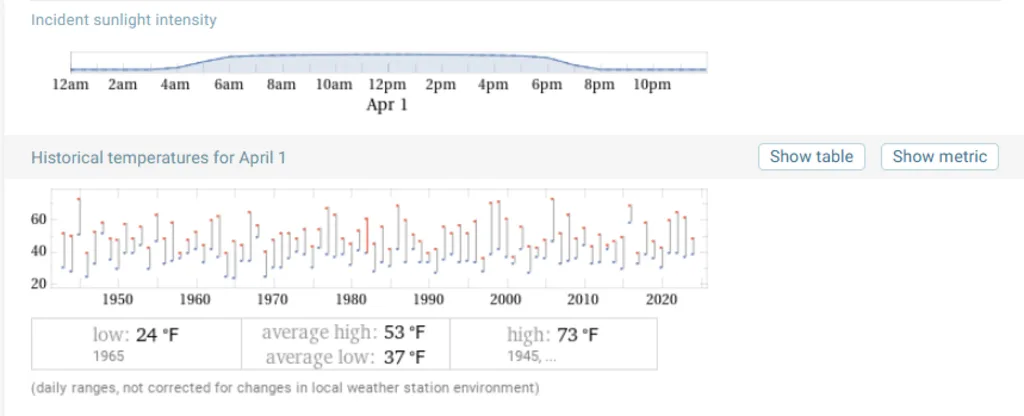- | 8:00 am
This classic answer engine still outsmarts AI chatbots
For questions involving hard data and math calculations, 15-year-old WolframAlpha is a fast, accurate alternative to inaccurate AI chatbots.

Everyone’s talking about AI chatbots, but they’re not the best tool for every job. I’m not knocking AI here—those large language models like ChatGPT, Bing Chat, and Google Bard are impressive.
But AI chatbots have that obnoxious hallucination issue: They sometimes make things up. You have to fact-check the things they say closely. I’ve personally seen ChatGPT pretend to do math and get the answers totally wrong. (Also: AI chatbots can be slow.)
So where do you turn? Well, you can search Google, Bing, or another web search engine. But those services are increasingly offering up AI-powered answers of questionable accuracy, too. For knowledge queries involving operations on hard data—or math calculations—there’s another easy option that can deliver better answers than your AI chatbot of choice.
So today I’d like to step back and talk about something that isn’t AI—an older tool geeks in the know have been relying on for a long time.
If you love these types of tools as much as I do, check out my free Cool Tools newsletter from The Intelligence. You’ll discover—or sometimes rediscover—all sorts of simple tech treasures!
➜ I’m talking about WolframAlpha. Originally released back in 2009, WolframAlpha is still an excellent tool that can answer all kinds of questions traditional search engines like Google and Bing and newer AI-powered chatbots like ChatGPT and Gemini can’t handle on their own.
In fact, ChatGPT has a plug-in that integrates with WolframAlpha. Even ChatGPT needs to turn to Wolfram’s “knowledge engine” sometimes.
⌚ You can ask a question and get an answer directly from WolframAlpha in just five seconds.
To get started, head to WolframAlpha’s website. You can use it right on the web, or you can download an official app for Android or iOS.
WolframAlpha is especially good at math, but it can do a lot more than that. It can even compare apples and oranges—two items people have always told me are so different they can’t be compared!
To compare things, just separate them with a comma. So, to compare apples and oranges, type apple, orange into WolframAlpha. WolframAlpha will tell you how it interprets your input—a useful touch—and it’ll deliver detailed nutrition information about these fruits, nicely formatted into tables.

Huh! Turns out you can compare apples and oranges.
Here’s another interesting example: You can plug in Weather in Boston on April 1, 1982, and you’ll get a nicely formatted answer with every little detail about the weather that day, complete with graphs of cloud cover, precipitation, and wind speed—as well as the historical temperatures for that day of the year.
That’s the kind of data we know is out there somewhere—but where would you find it? It would take a lot of digging, but WolframAlpha knows. (It’s also the kind of answer that an AI chatbot like ChatGPT would likely “hallucinate” a fake answer to. But we know WolframAlpha has the data to pull from.)

[Image: courtesy of Wolfram Alpha]
There’s so much you can do with WolframAlpha that it’s hard to even scratch the surface. The WolframAlpha website has a big list of examples to inspire you, ranging from categories like science and technology to society, culture and everyday life.
- You can use WolframAlpha on the web or via the service’s native Android or iPhone apps.
- All the features I mentioned are free. (There’s also a Pro subscription with more advanced features.)
- It works without an account, and the privacy policy says the company won’t sell your personal data.
Now, if you’re hungry for more productivity-boosting goodness, check out my free Cool Tools newsletter. You’ll get an instant introduction to an AI-powered supertool that transcribes your brain—and a new off-the-beaten-path gem to explore every single Wednesday.







































